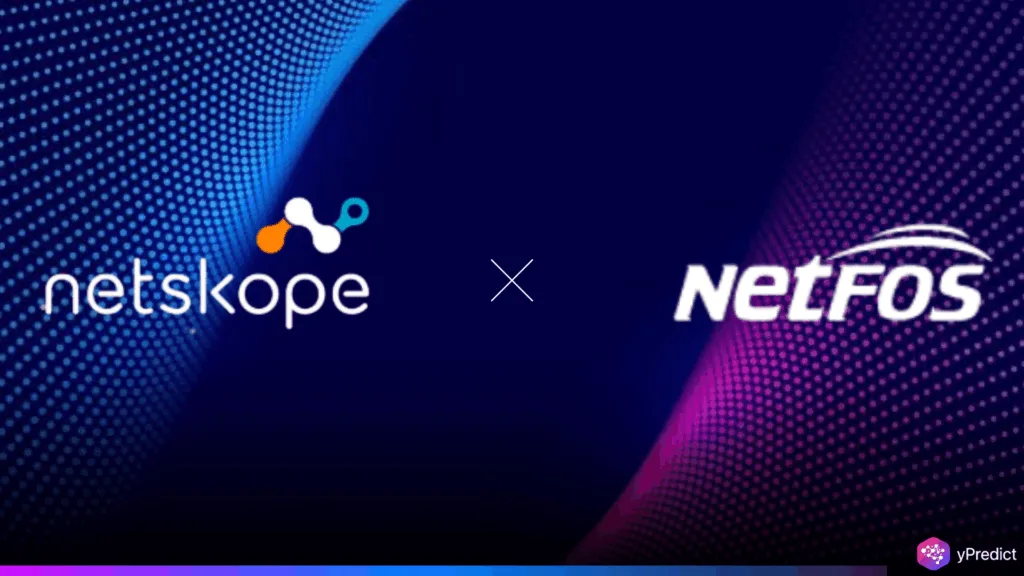
Netfos Technology Corporation has joined forces with global cybersecurity leader Netskope to introduce AI security to Taiwanese enterprises. Netfos will be designated as Netskope’s authorized agent in Taiwan in light of the strategic partnership’s announcement and Netskope’s recent market debut.
Additionally, the partnership makes use of Netskope One, a single platform that combines networking, security, and cloud technologies. Lin Zhengji, General Manager of Netfos, expressed optimism about balancing agility and risk as Taiwan embraces digital transformation. Therefore, Netfos will be crucial to the platform’s deployment and the growth of Netskope’s regional footprint.
Taiwan Strengthens Tech with Global Alliance
Netskope One, an all-in-one platform based on zero trust architecture, is the focus of the partnership. This set of tools, which includes Firewall-as-a-Service, ZTNA, Secure Web Gateway (SWG), Cloud Access Security Broker (CASB), and Remote Browser Isolation, is designed to manage networking and security in a single pane. Furthermore, the platform’s AI-powered features scan networks for anomalies and make adjustments in real time to maintain peak network performance.
Netskope’s entry into the Taiwan market includes a new local office and a dedicated go-to-market team. This partnership with Netfos aims to meet growing local demand for cloud security and scalable infrastructure. Netfos will serve as a regional conduit, distributing the platform via its network of cybersecurity resellers and IT integrators.
AI Security Solutions Drive Smarter Enterprise Tools
Businesses need adaptive AI security that handles cloud-based threats, application oversight, and remote work as digital systems become more complex. By combining multiple security layers into a single, integrated system, Netskope One satisfies these requirements. Additionally, it offers complete visibility into application usage across all devices, guarantees safe data access, and safeguards user privacy.
The AI foundation of the platform enables automated mitigation, proactive problem identification, and predictive diagnostics. These features also lower downtime and IT overhead while assisting organizations in staying ahead of cyber threats. According to Netskope, this will result in “better outcomes and major cost savings.”
Netskope’s regional director, Kunal Jha, emphasized how their platform and Netfos’s local knowledge complement each other. By collaborating with Netfos, Netskope hopes to leverage the partner’s wide distribution network to expand its footprint throughout Taiwan. With these tools, businesses can now choose between strong network performance and cloud security.
Advancing Taiwan’s Digital Transformation
Businesses throughout Taiwan are anticipated to benefit from the partnership as they update their infrastructure and deal with growing cybersecurity risks. Netskope and Netfos provide a smooth transition for businesses adjusting to new IT environments. It will be accomplished by integrating security and networking onto a single platform.
Their shared objective is to make the digital transformation safer while keeping operating costs low. Thus, both companies stress the importance of finding a balance between speed and control as businesses quickly alter the threat landscape.
In the future, businesses will help other companies improve their IT resilience and streamline their operations. Thus, Netskope One is set to transform network performance and cloud security in Taiwan due to its AI-powered adaptability by Netfos.
What’s Next for Taiwan’s Cyber Future?
Netskope is opening the door to smarter security for Taiwan’s future by partnering with a local company to introduce AI security. By combining advanced technology with regional knowledge, the collaboration with Netfos enables companies to expand securely through digital transformation. Additionally, by increasing access to enterprise-grade tools, it fortifies Taiwan’s cybersecurity ecosystem. This partnership guarantees that organizations are equipped with adaptable, AI-powered defenses as digital threats change.






